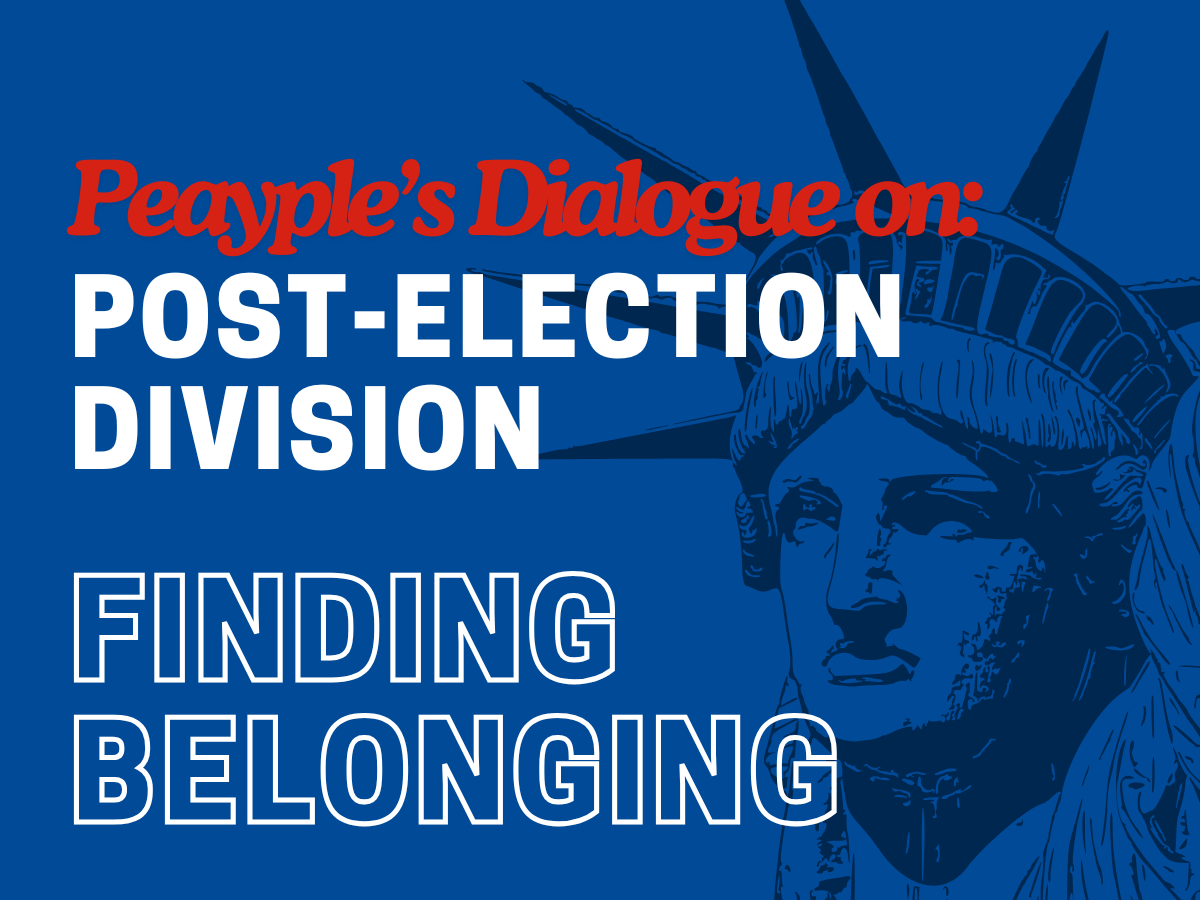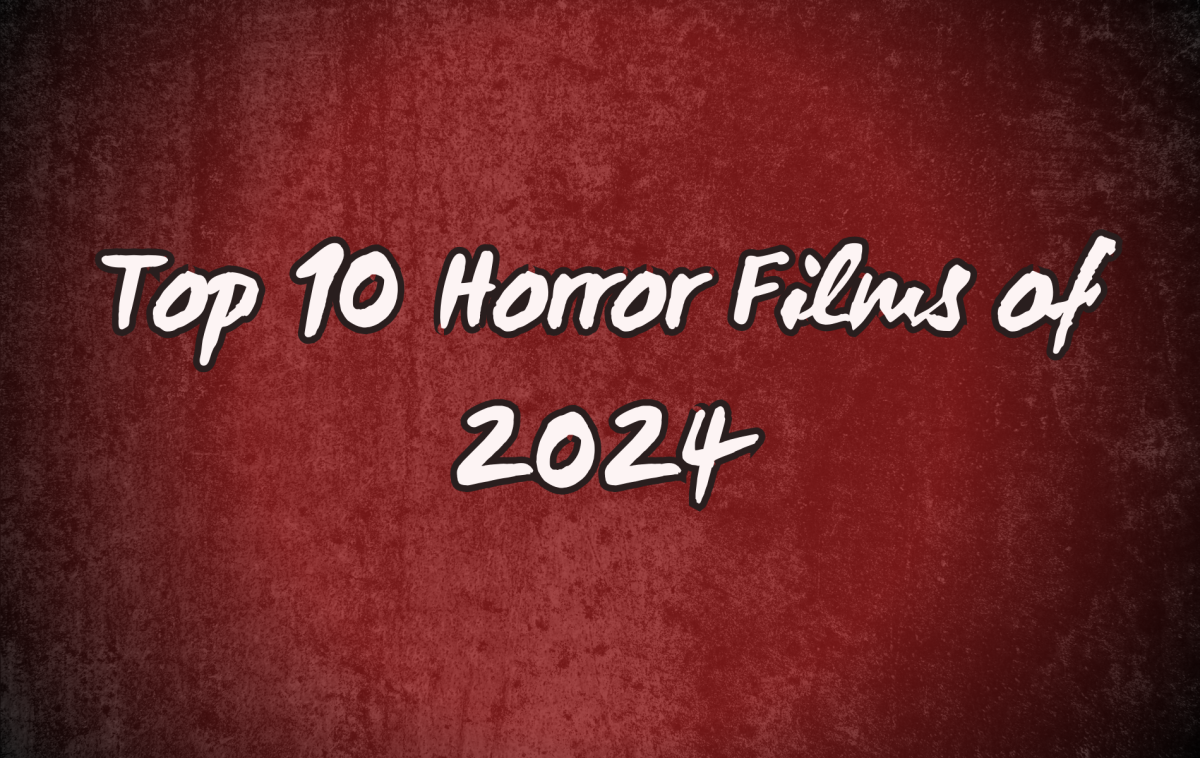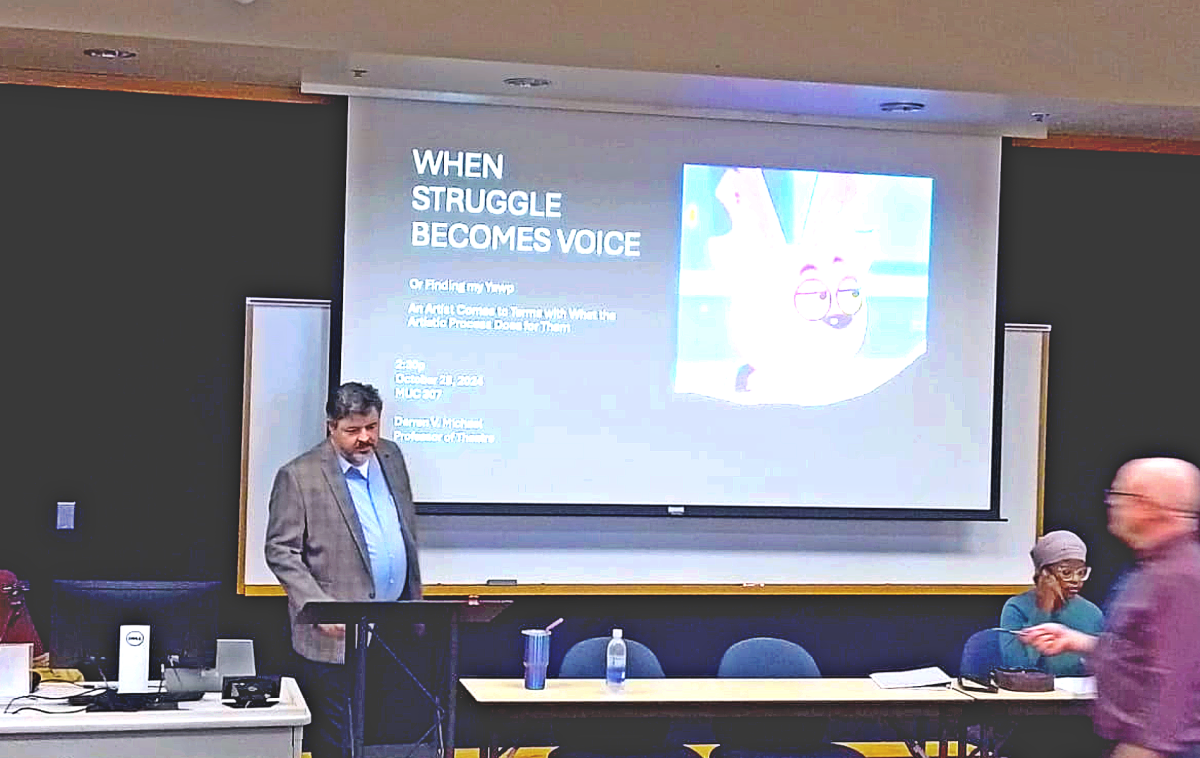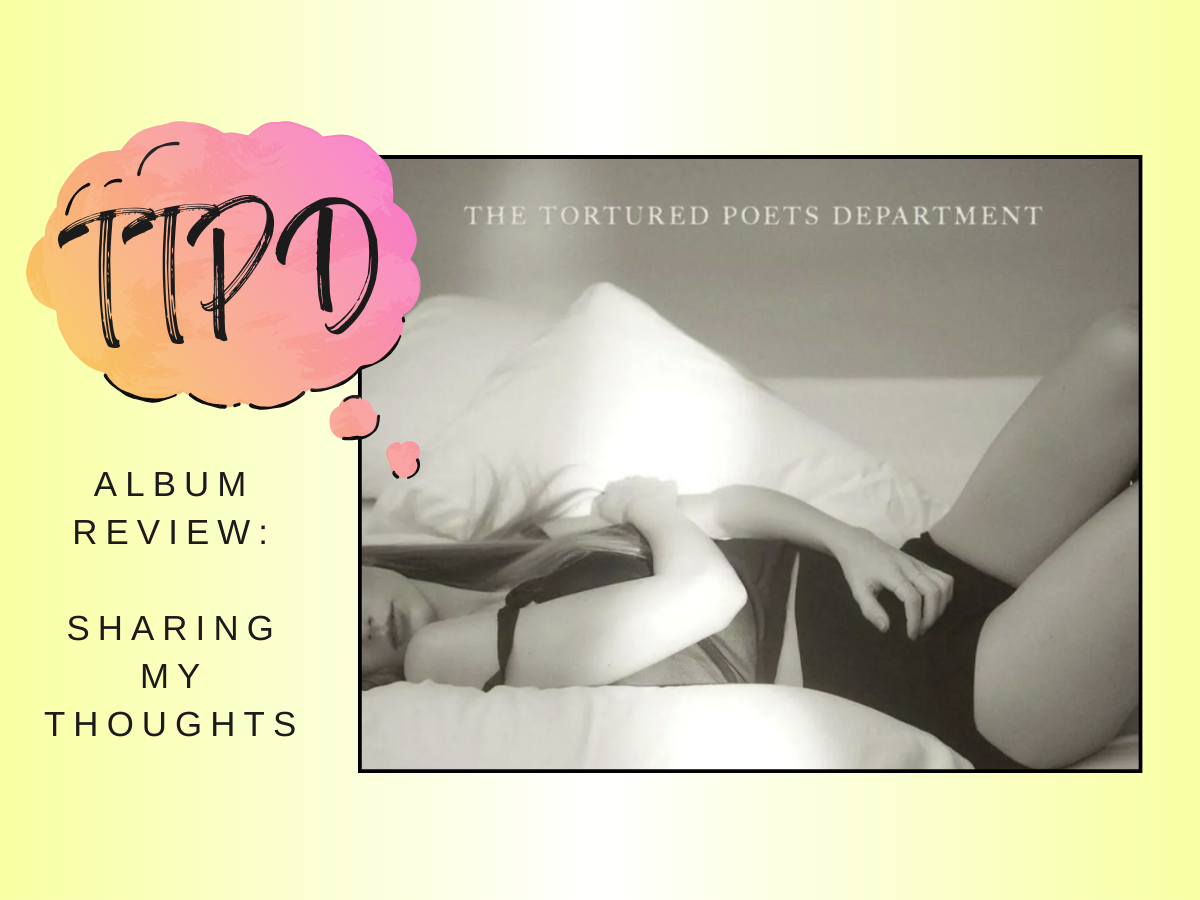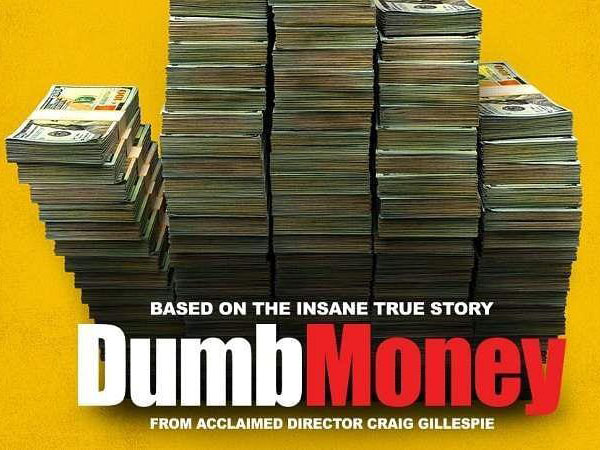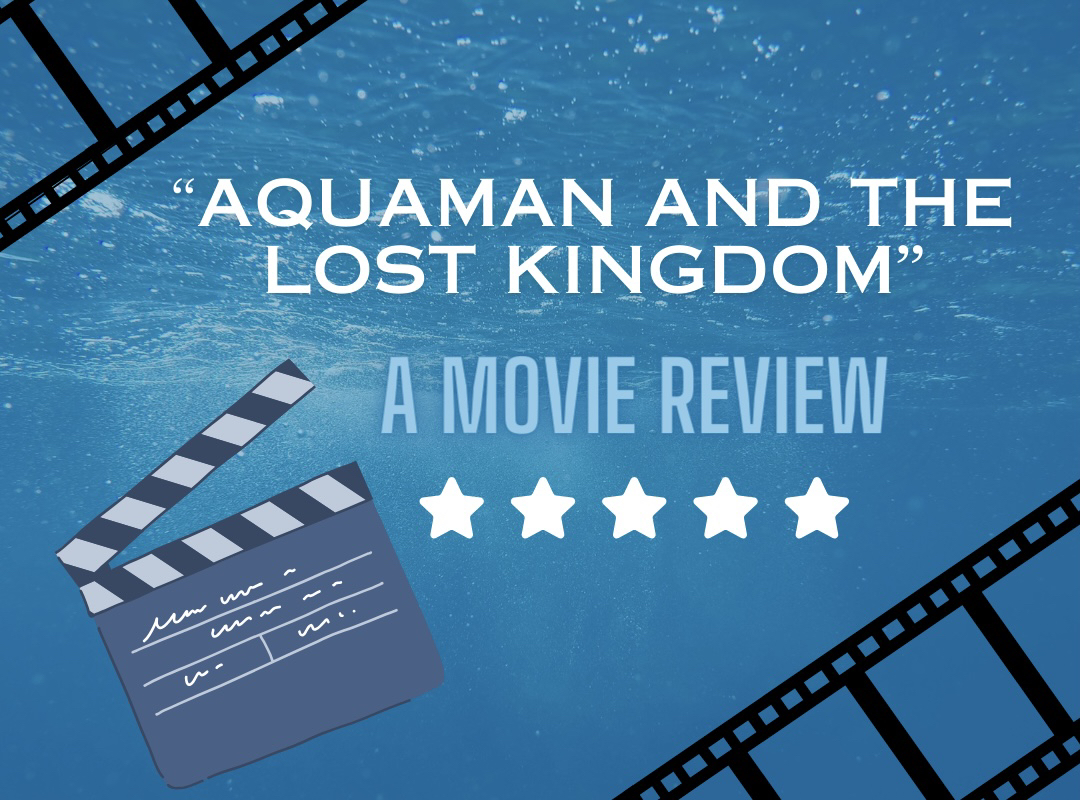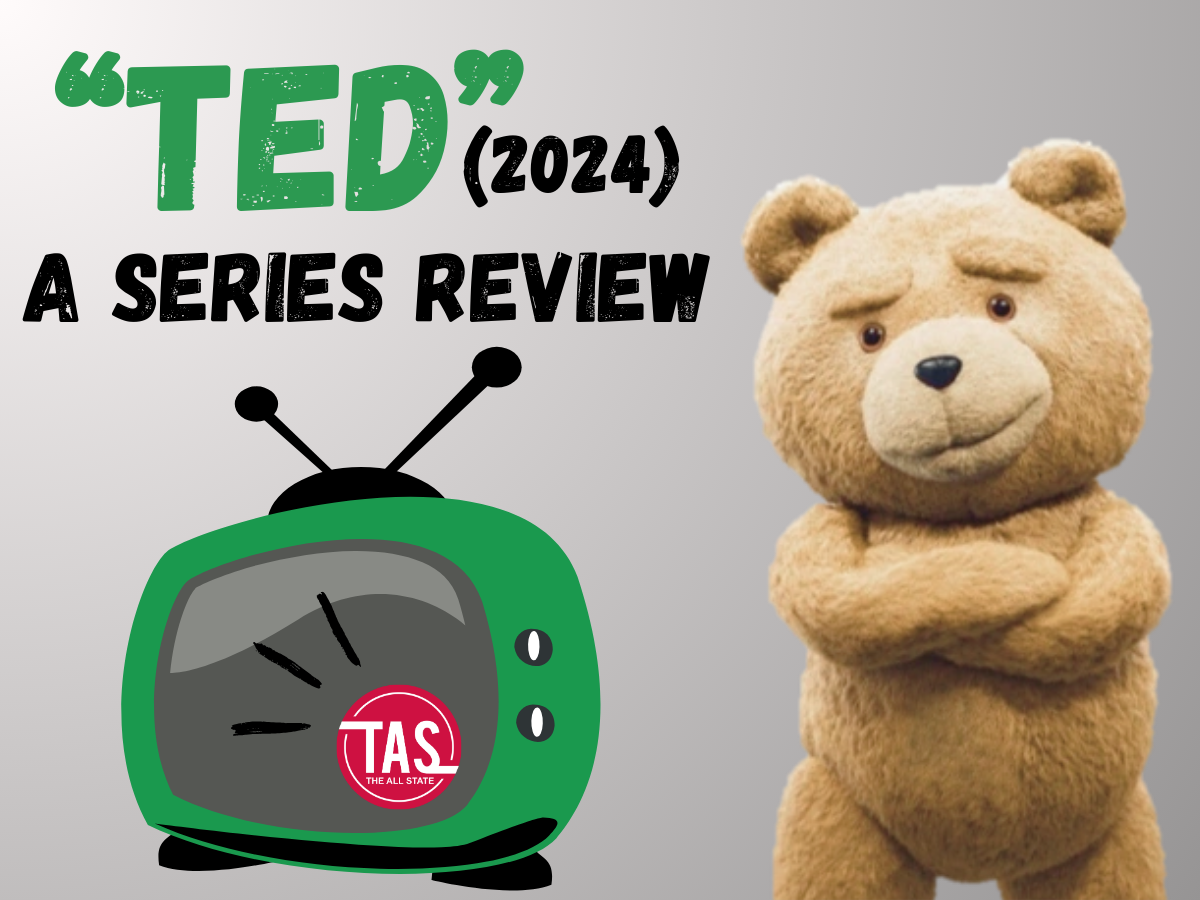When I was a teenager, my mom and I watched “Rain Man,” which stars Dustin Hoffman and Tom Cruise. It is arguably the most well-known film that represents someone on the autism spectrum. I had no comprehension of mainstream representation at the time, so I watched it without thinking anything of it.
By the end of the movie, I cried so hard. I could not put into words why but something about it set me off. Years later, as someone who is well-versed in autism advocacy, I know now why that film hurt me. It left me feeling like that was all I could be as an autistic person. I could never be successful or happy. I could never be taken seriously. I was convenient to other people at best, and I would be lucky if an allistic ally even cared about my well-being.
“Rain Man” came out in 1988. That is the impact it had on me as an autistic person. And that is exactly what “Music” did to the autism community over three decades later.
Zu (Kate Hudson) is a recovering alcoholic and drug dealer who dreams of escaping to paradise. All of that changes when her grandmother dies. Instead of a will, Zu receives a letter about a “magical little girl” named Music, who is her half-sister. Zu becomes her sole guardian and relies on the help of local boxing teacher Ebo (Leslie Odom Jr.) to navigate Music’s autism spectrum disorder. Through musical sequences from the eponymous character’s perspective, the world can be a better place to live in if you make it.
The main controversy surrounding the film is the casting of Maddie Ziegler, a neurotypical actress, as Music. Sia’s defense was that it is difficult to find autistic people in the industry. I know that is a blatant lie because I remember her putting out a casting call for a music video on Twitter. I do not remember which video this was for, but she said she was looking for trans women, women of any color, women of any body type and women from varying age groups. If Sia has enough influence to recruit such a diverse cast of women for a music video, there is no excuse to not even try and look for autistic actors.
Another defense of hers is that she originally cast an autistic actress who quit due to being too overwhelmed. First of all, the editing and cinematography are so bafflingly atrocious, it is no surprise this would trigger sensory overload in autistic people. Neurotypical viewers complained about how overstimulating the film was, so that should indicate you need to go back to the drawing board. You do not put a person in a wheelchair on a set full of stairs and then act confused when people call out your unaccommodating environment.
Secondly, Maddie expressed her discomfort and upset over the film numerous times. She frequently cried about how people would think she was making fun of the autistic community. Sia’s response was to push her to continue working rather than reconsider the impact her film would make. That kind of emotional and mental abuse on someone is what I would call overwhelming, but Sia conveniently made the exception with Maddie to keep filming.
I normally would not throw out an accusation like this, but I have good reason to suspect Sia needed an excuse to keep Maddie in her film. She has gone back on her word and said that she choreographed the musical sequences specifically for Maddie. If you watched Maddie in previous music videos, the choreography in “Music” is no different than her other work. Not only that, but Sia has gone on record saying she needs Maddie to create her work. Why would a woman in her forties rely on a teenage dancer, whom she originally met as an 11-year-old, to create content? And why are we OK with that?
I mean this with all sincerity when I say even if Sia did cast an autistic actress in the role, the portrayal of autism is still disgusting. Everything about Music, from her verbal stimming to how she moves around, is a caricature of how disabled people act. This has been criticized in films such as “Riding The Bus With My Sister,” “Radio,” “The Other Sister” and “I Am Sam.” If those did not work decades ago, how can tropes like this exist in the year of our Lord 2021?
Another controversy upon the film’s release is the portrayal of prone restraints. Prone restraints involve holding someone down, mainly in response to aggressive behavior. Restraining disabled people can not only lead to PTSD and other mental health issues, but it can also be deadly. The use of prone restraint on autistic people has led to several cases of positional asphyxia.
Despite Sia’s claim that she does not condone the use of prone restraints, the film treats the use of restraint as though they are giving Music a weighted blanket. When Ebo demonstrates this and Zu panics, he says he is “crushing [Music] with his love.” Later, he instructs Zu on how to restrain Music. Zu complains about Music hitting her, to which he says she “does not know who she is hitting.”
I am the kind of autistic person whom you can soothe with hugs and physical comfort. Whenever I had meltdowns as a child, my mom would hold me and let me cry. Not every autistic person feels comfortable with touch, but what “Music” portrays is not equivalent to that. It is less a therapeutic approach to an autistic meltdown and more the leading cause of deaths in police custody.
Despite the wild dance sequences told from Music’s perspective, I do not know anything about her as a character. I know she displays very common autism symptoms (nonverbal communication, strict routine, meltdowns, etc.) but that does not tell me who she is as a person. She is the title character, but the story is not hers. She mainly exists to be a source of comfort and inspiration for the neurotypical characters. I will say it is definitely emblematic of what autistic people go through, but it is not a good look for your “love letter” to the community, is it?
Zu is a very unlikable character. Not once throughout this entire film did I ever feel like she developed a sense of compassion for Music. The film tells you she did through obnoxious, expository montages, but she goes back on that even then. There is a scene near the end of the film where Zu almost institutionalizes Music, but she decides against it. She gives this speech about how she almost gave Music away to “strangers,” and all I am left thinking is, “And I’m supposed to give you a cookie for not sending your sister away? Good for you.”
Beyond the ableist tropes in the film, “Music” is also incredibly racist. When talking about prone restraint, Ebo discusses how his younger brother was on the spectrum. He then makes an off-handed remark about how he is dead, as well as how his village considers autism to be a curse.
First off, why even include a remark about other people’s ignorance in your pro-neurodivergence film? If you want to uplift autistic people watching your film, maybe avoid reminding us about how neurotypicals call us possessed or cursed? Secondly, of all the people to say this, why is it the African immigrant? I promise you there are many white, American-born Christians who believe neurodivergence is the Devil’s work.
The two main people of color in the film do little more than serving as foils to the white characters’ arcs. Ebo is the reliable black character to Zu, and his character development exists through his romance with her above anything else. Felix is a mute person of color who demonstrates a sweet friendship with Music. Even though he was just a background character, I thought for a minute he would be the only enjoyable thing about the movie.
Then his abusive father kills him during an altercation with his mother. That is the other thing: if you want to make an uplifting film for disabled communities, do not kill off disabled characters.
Despite all I have talked about, that is not the worst thing in “Music.” The worst is the final musical sequence featuring the song “Together.”
After 100 minutes of ableist and racist drivel, “Music” ends in the most twee way. The aesthetic is loud and nauseating to watch. The lyrics are faux inspirational with the emotional pith of a Tumblr quotes blog. Everyone dances around like a big family. Everyone is happy, happy, happy—except for you because you just watched “Music.”
This film congratulates itself for telling the feel-good story of the year. But it grossly overlooks how its treatment of disability is a rancid cocktail of infantilization, inspiration porn and abuse apologism.
I wanted to write a review that treats this movie as unimportant as it should be. But that is not a luxury neurodivergent communities can afford. There are neurotypical critics continuing to give “Music” the benefit of the doubt. They give high marks to Hudson and Odom’s performances. They say Sia’s music is better than the film itself. They continually highlight how Sia clearly did not have malicious intent.
Stop.
Stop giving ableist media the benefit of the doubt. By giving films like “Music” a star on their report card for participation, you are encouraging people to check them out. We do not want stories like this representing us. We do not exist for neurotypicals’ comfort or sense of validation. Get your own identity; stop using ours.
I am tired of being reminded about how I exist in neurotypicals’ stories and not my own. I am tired of seeing some of my autistic traits in characters like Music and being reminded of how people see me. After years of having to prove myself as a disabled person, going to great lengths and still being treated as unworthy, films like “Music” infuriate me. I am neither a poster child of autism’s destruction nor someone’s motivational coach without any autonomy outside of that. Sia can argue she had nothing but good intentions until she is blue in the face. That does not change how this “love letter” with scratch-and-sniff stickers is a clear message of apathy towards disabled and neurodivergent communities as a whole.
“Music” is, in every possible sense of the word, tone-deaf.




